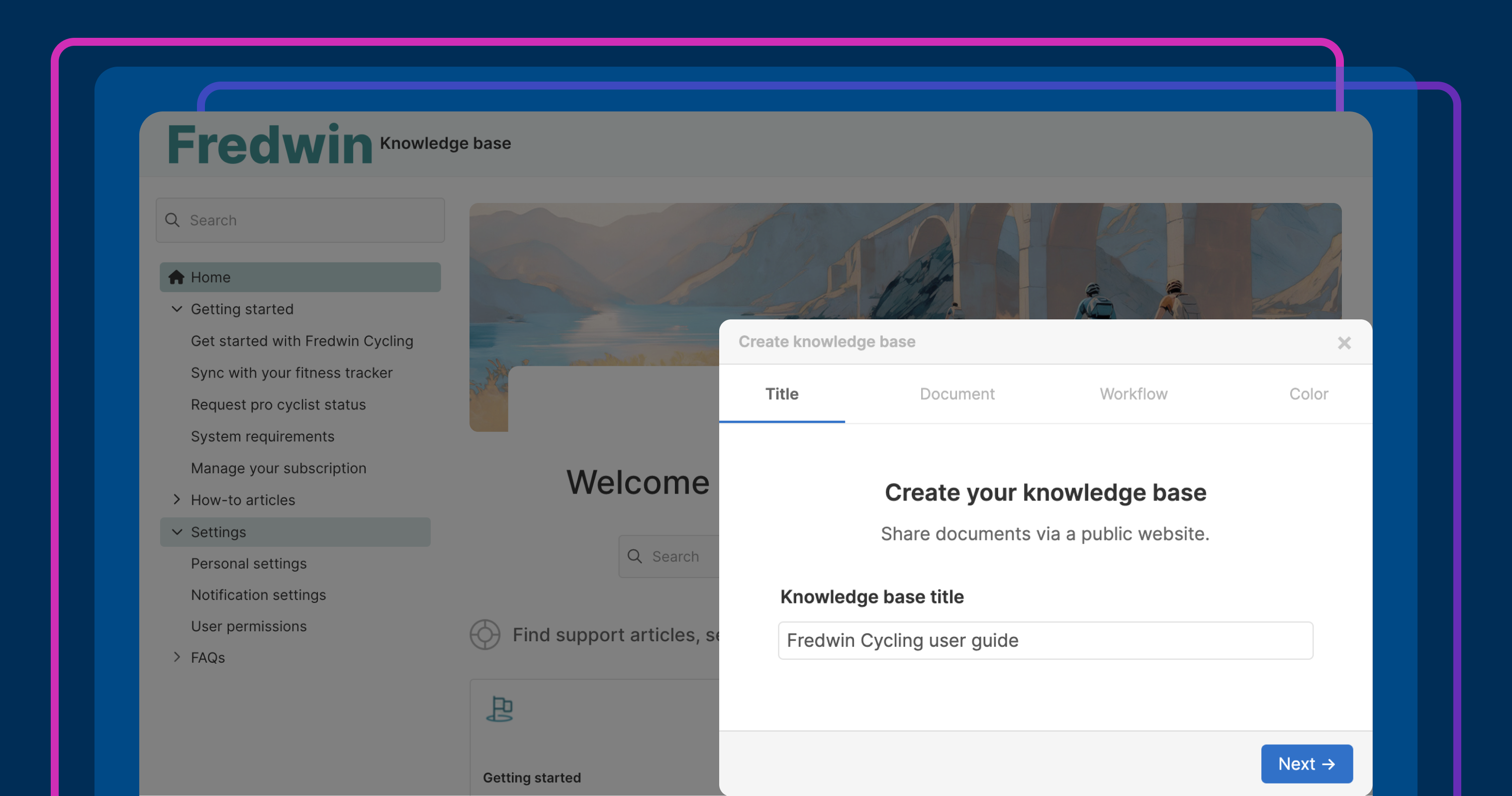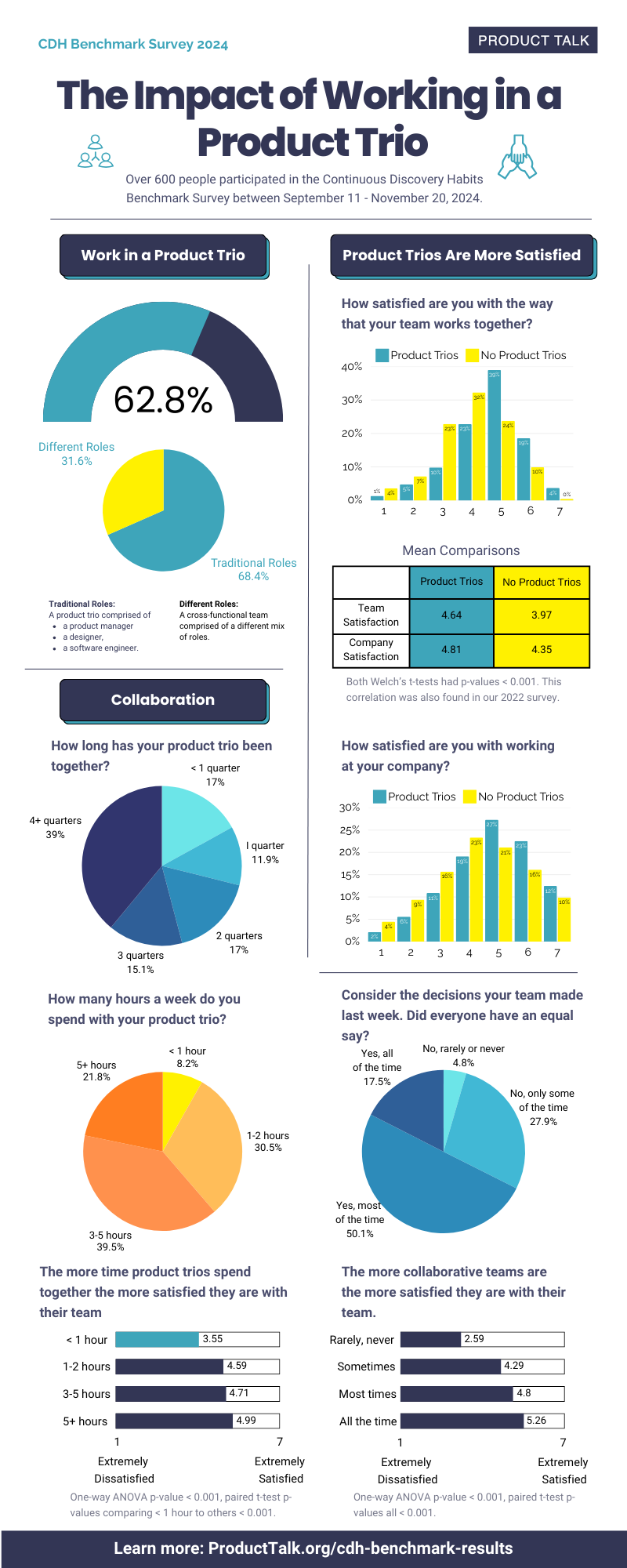old boss told potential new boss my salary, people who just say “hi” in messages, and more
This post was written by Alison Green and published on Ask a Manager. It’s five answers to five questions. Here we go… 1. How to get someone to say what they want on Teams chat, not just say “hi” I’m looking for a polite script to nip a problem in the bud. I started a new job today, and a colleague with whom I’ll be working closely just […]

This post was written by Alison Green and published on Ask a Manager.
It’s five answers to five questions. Here we go…
1. How to get someone to say what they want on Teams chat, not just say “hi”
I’m looking for a polite script to nip a problem in the bud. I started a new job today, and a colleague with whom I’ll be working closely just messaged me saying, “Hi.”
To find out this was all she said, I had to put in a long password to open the app, just to find nothing actionable. She still hasn’t sent me the information I need about where to meet tomorrow, so I guess she’s holding off until I reply “hi.” I really don’t want to encourage this kind of empty message leading to back and forths before getting to the point. I write friendly warm messages, but always with the request or information the other person needs in it, assuming they will respond when they can.
I don’t want to get off on the wrong foot and am looking for ways to respond that will stop this style of messaging which I literally don’t have time for!
Your first week on the job is not the time to fight that battle.
This behavior is annoying and inefficient; you’re not wrong! But you’re brand new and people don’t know anything about you and are trying to be friendly. It would be a very bad idea to make this a priority so early on, when you haven’t built relationships with people yet.
If it’s still happening a couple of months from now, by all means tell your coworker that it’s easier for you to respond quickly if she includes what she needs in the first message (if your understanding of the culture by that point indicates that would be fine to do; sample wording here), but not during week one.
2. Old boss told potential new boss my previous salary
This happened years ago, but I still wonder if there’s anything else I could’ve done.
Earlier in my career (religious nonprofit), I worked in the same organization as my husband (we did not report to one another; our first boss was cool with this). A new CEO (Good Old Boy #1) was hired when the old one retired, and he was NOT cool with this — he wanted one of us gone immediately, and made it clear that I (younger, female, earlier in my career) was the one.
I quickly found a new job in the same city, an excellent if slightly lateral move into a related religious nonprofit, headed by Good Old Boy #2.
Well, somehow GOB1 found out that I had been offered the job by GOB2, and he reached out and told GOB2 my salary! I found this out because, when entering the negotiation phase post-offer, GOB2 offered me that exact number because “GOB1 told me this is how much you make now, and as a smaller org, we can’t improve much on that” (not true).
WTF?!? As a highly desirable candidate for Job #2, I had serious leverage before GOB1 overshared. I’m certain that I lost as much as $50k over the next few years as a result. Anything else I could’ve done?
WTF indeed. Your boss was wildly out of line in sharing that info on your behalf.
All you really could have done at that point was to say something like, “I’m searching in part because I’m underpaid for the market and I’m looking for a range of $X in order to make a move.” But as with any negotiation, it would ultimately come down to who was more willing to walk away (or who each person believed was more willing to walk away).
3. Did I mess up by sending my new house listing to my team?
I have a question about what’s appropriate for managers to share with their direct reports, I think I’m overthinking it. After living in a small condo for 10 years, my partner and I just sold it and bought a new house (yay!). I am a manager of a seven-person team and we regularly share life updates with each other and celebrate personal wins (wedding gifts are purchased, virtual baby showers thrown, and all gifts flow downwards) so I didn’t think twice when I shared that I was planning to buy a new house, and my team expressed nothing but excitement.
Here’s where I potentially misstepped. I live in a smaller but popular metro city where median house prices are ~$500,000 – it’s expensive to live here! We purchased our new house for ~$100,000 more than the median. My team asked to see the listing and I happily shared it with them. But afterwards, I wondered if I shouldn’t have. I don’t make an insane amount of money more than those who report to me, and many of them also own homes, but was it too much to share that I bought what I perceive as a very expensive house? I’m honestly not sure how I could have got around it since my team directly asked to see the new place, but I wish I could have hidden the price somehow!
Well, if you could go back in time, I’d say to just send a couple of photos without the listing itself.
But what’s done is done and there’s no point in stressing about it. People probably will be interested in what you paid (which is always the case with real estate!) but they’re also presumably aware of housing prices in your area and won’t be taken aback/bothered unless your housing budget is significantly higher than theirs thanks to your partner and you’ve previously seemed out of touch to them in other ways. (Hopefully you haven’t been quizzing them on your horses and your vineyard!)
4. I put myself on a PIP — could that help me get a new job?
Last year was rough. Had a confluence of physical and mental health issues, a substance use problem, and stressful life issues all slam together. All combined, it affected my job performance to the point where I very nearly (and understandably) was fired. Up until that point, I had been one of my agency’s top performers.
When I saw the writing on the wall, I asked my supervisor to put me on a PIP.
And this PIP was honestly a lifesaver. Within a couple of months, I was back on track. The confidence I regained in my work and the trust I began to win back also gave me a lot of momentum to finally get help for all the personal issues I was dealing with: I got sober, I started seeing a therapist and a rockstar psychiatrist. I’m miles better than I was last year. And that’s translated into my performance; I’m even better at what I do.
I’m considering applying for a new job because I’m at a point in my career where I’d like to move up.
I’m wondering a couple things: is having ever been on a PIP a red flag to an employer (if they ever do learn I was for some reason)? And could I actually use experiences of turning things around on a PIP to my advantage in emphasizing my value? In other words, I won’t ignore a problem before it’s too late, I’ll do whatever I can to fix it, etc.
It’s definitely true that it reflects well on you that you recognized there was a problem and figured out what you needed to get back on track (and then did that), but it’s not something you should use in job interviews. There’s too much risk that interviewers will be concerned since they won’t want things to get to that point while you’re working for them, and they might wonder why you needed the external threat of consequences to fix things rather than doing it on your own. That’s not necessarily reasonable, but there are so many ways it could land, some of them not good, that it’s not a risk worth taking.
(Also, they’d be likely to ask about specifically what you changed to fix things, and sobriety and therapy aren’t things you want to be talking about during an interview, important as they have been to you!)
5. Being told you have to go from 40 hours/week to 56 hours/week
My sister has been working for a company for about a year. The job she was hired for is 40 hours a week, Monday through Friday. Today, her management team told her whole department that they would now be working 56 hours a week, Monday through Saturday. Is there anything she and her team can do about this?
They can push back as a group and say they’re unavailable and this isn’t what they signed on for. Ultimately, if the company won’t budge, it won’t budge, and so your sister and her coworkers will have to decide if they still want their jobs under those terms — but having multiple employees object and say “this won’t work for us and it’s not going to be possible” will carry a lot more weight and power than just one or two people saying it.
There’s also unionizing.




























































































![Building A Digital PR Strategy: 10 Essential Steps for Beginners [With Examples]](https://buzzsumo.com/wp-content/uploads/2023/09/Building-A-Digital-PR-Strategy-10-Essential-Steps-for-Beginners-With-Examples-bblog-masthead.jpg)



![How One Brand Solved the Marketing Attribution Puzzle [Video]](https://contentmarketinginstitute.com/wp-content/uploads/2025/03/marketing-attribution-model-600x338.png?#)





![How to Use GA4 to Track Social Media Traffic: 6 Questions, Answers and Insights [VIDEO]](https://www.orbitmedia.com/wp-content/uploads/2023/06/ab-testing.png)








![[Hybrid] Graphic Designer in Malaysia](https://a5.behance.net/920d3ca46151f30e69b60159b53d15e34fb20338/img/site/generic-share.png)





















